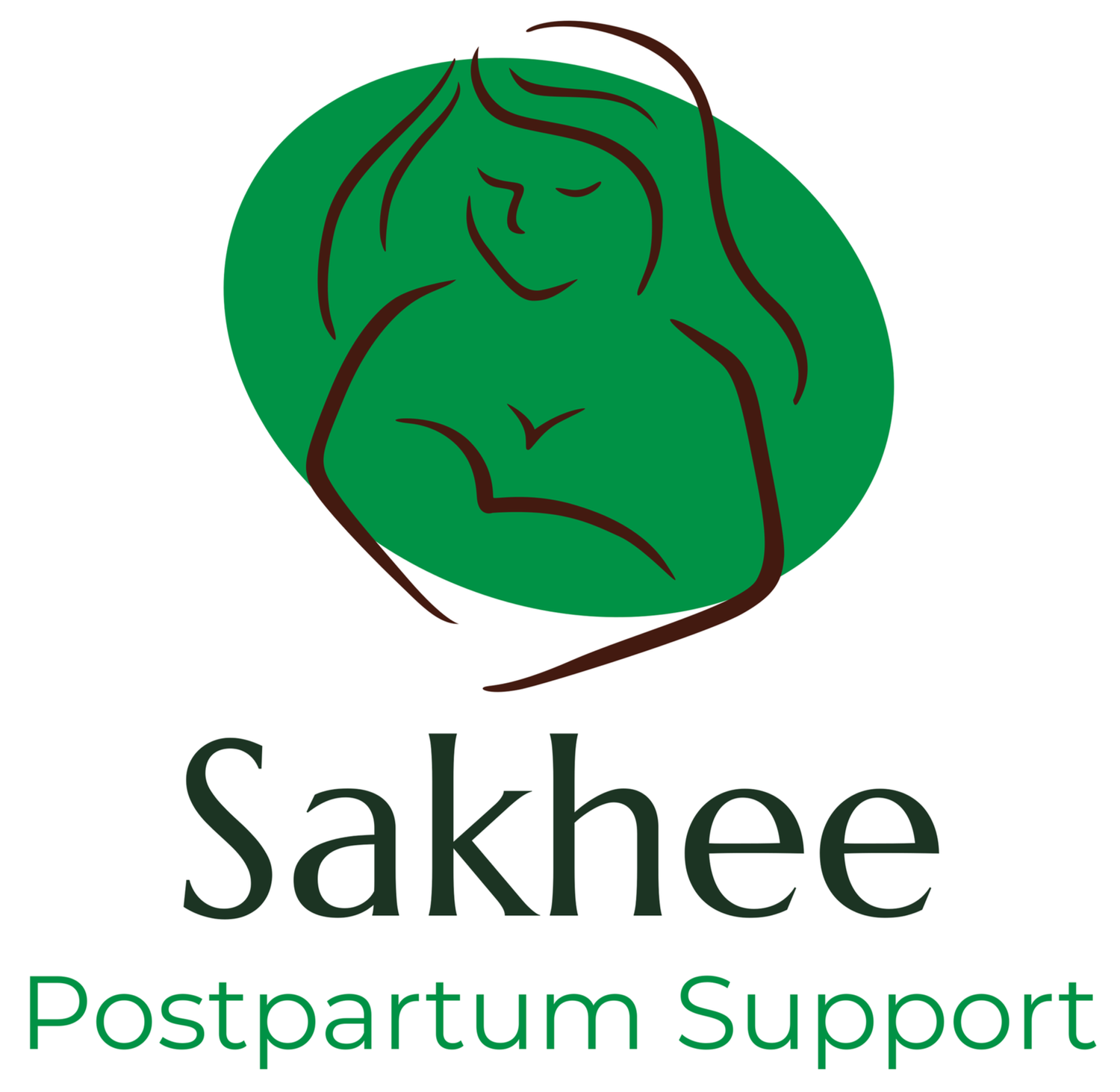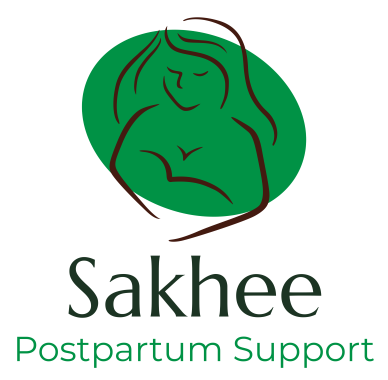The Golden Hour: The First Connection That Kickstarts a Successful Breastfeeding Journey
By Raysa Corporán, Lactation Educator and La Leche League Leader
Instagram: @caoticamentehisterica
Years ago, women gave birth in the quiet intimacy of their own homes, surrounded by familiar faces, soft voices, and the rhythm of their own bodies.
There were no blinding lights, no constant interruptions, no clock dictating what came next: just a mother, her baby, and the natural flow of instinct and love.
Today, birth often takes place in clinical settings filled with machines, procedures, and timelines. Yet, even in those spaces, our bodies remember. Deep within every mother lies the same wisdom: the need to hold her baby close, skin to skin, and to begin this journey together, undisturbed.
This precious window — the first sixty minutes after birth — is known as The Golden Hour. It’s called that not because of time itself, but because of the light it brings into both lives.
A Return to What’s Natural
Imagine a room where the lights are dim, the noise fades, and everything slows down. Your baby is placed on your bare chest, warm and breathing softly. Your body responds instantly — your heart steadies, your milk begins to flow, and your baby relaxes in your scent and warmth.
You’ll notice your baby’s tiny chest rising and falling in rhythm with yours, their little hands exploring your skin. That warmth, that closeness, sends a message of safety and love that no clock or routine can replace. Every breath you share deepens the bond and tells your baby: “I am here, and you are home.
When left undisturbed, newborns instinctively move toward the breast, guided by smell, sight, and touch. That first latch isn’t just about nourishment — it’s about bonding, security, and trust.
For you, it’s a wave of oxytocin — the “love hormone” — helping your uterus contract, reducing bleeding, and flooding your mind with calm and connection. For your baby, it’s comfort, warmth, and safety in the arms they’ve known from within.
What Science Tells Us
Modern research confirms what generations of mothers have known: that this first hour is vital for both physical and emotional well-being. When hospitals interrupt with weighing, cleaning, or measuring — before the baby has even met their mother’s eyes — it disrupts a chain of hormones perfectly designed to help both adjust to life after birth.
When uninterrupted, this hour unfolds with powerful benefits:
Skin-to-skin contact helps your baby regulate body temperature better than an incubator.
It stabilizes their breathing, heart rate, and blood sugar.
It seeds your baby’s microbiome with your healthy bacteria, supporting lifelong immunity.
It lowers stress hormones for both of you.
It triggers the release of prolactin and oxytocin, boosting milk production and bonding.
Babies who breastfeed within the first hour are more likely to breastfeed exclusively and for longer periods.
This connection is so profound that honoring the Golden Hour brings meaningful benefits for mothers as well:
Support emotional stability
Improve breastfeeding success
Reduce postpartum complications
Foster lifelong attachment and resilience
This is the foundation of everything that follows, a peaceful start that ripples forward for years to come.
How to Protect Your Golden Hour
Even in hospital settings, you have the right to ask for uninterrupted time with your baby. Here’s how to make it happen:
Add it to your birth plan. Write clearly: “I wish for immediate skin-to-skin contact and to breastfeed within the first hour, unless there’s a true medical emergency.”
Discuss it early with your care team. Ask if your hospital has “Baby-Friendly” certification or follows the Baby-Friendly Hospital Initiative (BFHI).
Include your partner or support person. They can advocate for your wishes if you’re recovering or unable to speak up.
Ask for an International Board Certified Lactation Consultant (IBCLC) . They can guide you through that first latch and help make the moment stress-free.
For planned or emergency cesareans, ask about a “gentle” or “family-centered” approach that allows skin-to-skin in the operating room or recovery room.
If temporary separation happens, ask that your baby be returned to you as soon as possible — and that no bottles or pacifiers be offered in the meantime.
You only live this hour once. Write it into your birth plan, speak it into your birth, and make it yours. Every small choice you make now—advocating for skin-to-skin, asking for support— shapes a first memory that will last a lifetime.
The Golden Hour isn’t just about breastfeeding. It’s about beginning life together in peace and trust. It’s where your baby learns that your heartbeat is home, and you discover that everything they need is already within you.
And if your Golden Hour didn’t go as planned? Take a deep breath. Connection isn't confined to a single hour—it unfolds in every skin-to-skin moment, every quiet feeding, every gentle touch in the days and weeks that follow. Your bond with your baby is resilient, and there are many paths to a beautiful breastfeeding journey.
Whether your start was exactly as you hoped or took an unexpected turn, you don't have to navigate it alone. At Sakhee Postpartum Support, we believe every mother deserves to feel seen, supported, and confident—not just in the first hour, but in all the hours that follow.
If you'd like to learn more about The Golden Hour or crafting a successful breastfeeding plan into your birth plan, visit Sakhee Postpartum Support or speak with your healthcare provider.
Resources for Support
Contact your local Women, Infants, and Children (WIC) office
National Breastfeeding Helpline: 1-800-994-9662 (English and Spanish)

